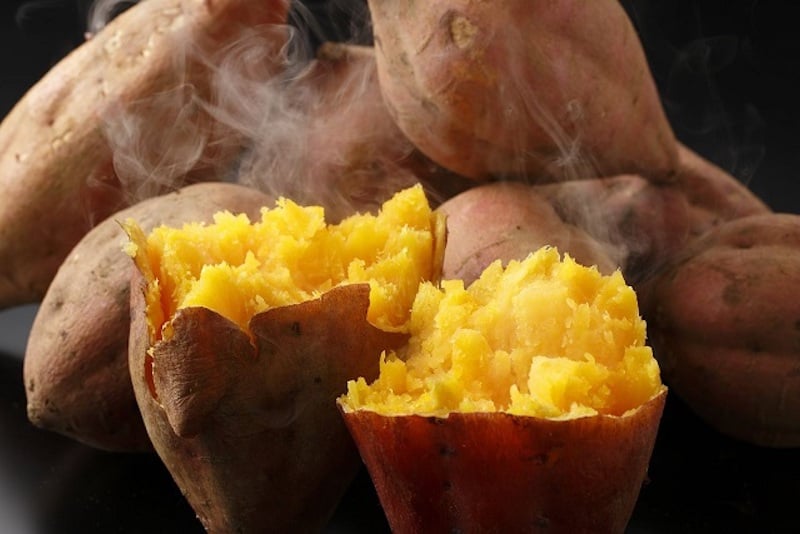Sweet potatoes are a beloved, nutrient-rich staple often enjoyed at breakfast. While they offer numerous health benefits, not everyone should indulge freely. For some individuals, frequent or improper consumption of sweet potatoes can adversely affect health, even exacerbating existing conditions. Below are five groups of people who should limit or avoid sweet potatoes to safeguard their well-being.

Individuals with Stomach Pain or Acid Reflux
Sweet potatoes are mildly acidic and high in starch. Consuming them on an empty stomach can stimulate gastric acid secretion, leading to bloating, heaviness, acid reflux, and indigestion. For those with stomach ulcers or gastroesophageal reflux disease (GERD), frequent intake (especially chilled boiled sweet potatoes) can elevate acid levels, potentially worsening symptoms.
People Experiencing Diarrhea
While sweet potatoes aid digestion and act as a natural laxative, their fiber content can overstimulate weakened digestive systems during diarrhea, prolonging loose stools. Consuming stale boiled sweet potatoes in such cases may also heighten bacterial infection risks.
Chronic Kidney Disease Patients
Sweet potatoes are rich in potassium, beneficial for most but dangerous for those with kidney impairment. Elevated potassium levels from excessive consumption can trigger arrhythmias, heart failure, or sudden cardiac arrest.

Diabetic Individuals
Sweet potatoes have a moderate to high glycemic index (GI), varying by type and preparation. Diabetics consuming them on an empty stomach or fried versions may experience sharp blood sugar spikes, complicating glucose control and increasing long-term complication risks. If consumed, opt for purple sweet potatoes (lower GI), pair with greens, avoid overeating, and never eat on an empty stomach.
Those with Mild Digestive Issues or Empty Stomachs
Sweet potatoes ferment easily when eaten on an empty stomach, causing gas, bloating, and discomfort. Individuals with sensitive digestion should avoid consuming them in large quantities or when hungry to prevent unease.
If none of these conditions apply, enjoy sweet potatoes in moderation—limit to one medium potato (max 300g daily) to reap their benefits without risks.



































